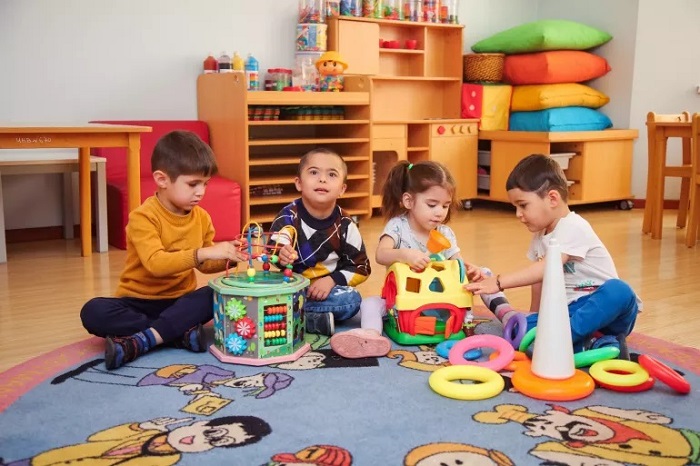UNICEF, always the pioneer of result-oriented initiatives, is working systematically to eliminate the institutionalization of children in Central Asia by 2030.
A UNICEF report titled ‘Keeping families together in Central Asia’ says: “Every child has the right to grow up in a nurturing family environment. Yet nearly 60,000 children aged 0-17 years across five countries in Central Asia are growing up in residential care, despite the well-known and devastating impact of family separation and child institutionalization. This figure may well be the ‘tip of the iceberg’, given current limitations in data availability, consistency and coverage.”
The report points out the drawbacks of institutionalization and advocates family-based environment.
Keeping families together in Central Asia
https://www.unicef.org/eca/reports/keeping-families-together-central-asia
UNICEF’s position is clear: no child should ever be placed in alternative care because of poverty, disability or challenging behaviour, or because their family lacks access to services they need to care for their own child at home. On the rare occasions when alternative care is in the child’s best interests, it should always be family-based – never institutional. Keeping families together will help to end the region’s long history of institutionalizing children, and support the creation of social services that meet the needs of all vulnerable children and their families.
UNICEF urges the government and non-government stakeholders in child care reforms to close all large-scale residential facilities for children by 2030.
To achieve this, UNICEF recommends the following steps:
1. Design and implement effective child care reforms
2. Invest in the development of a range of child and family support services, including statutory family support services, and a strong social service workforce
3. Ensure that alternative care is family-based
4. Ensure that children who are already in alternative care are protected against violence, neglect and abuse
5. Invest in more and better data on children who are at risk of family separation, in alternative care or who have left care
6. Raise public awareness of the benefits of keeping families together
7. Ensure that children have a voice in the decisions that affect them and are consulted when new policies and practices are developed to meet their needs and rights
To ease the transition to the goal of elimination of institutionalization of children in Central Asia by 2030, UNICEF is working quietly with the stakeholders in each country. While the approach is universal, the actual steps differ in each country depending on the prevailing situations.
It is a task for the entire societies because as far as children are concerned, there is no question of mine of yours. Children are the joint responsibility of the society. /// nCa, 16 August 2024
